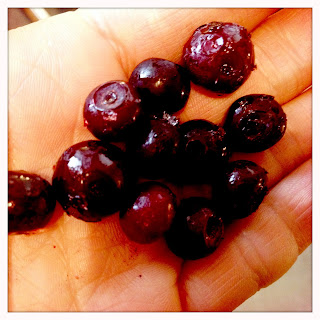Armed with a map of my parents urban 165 x 26 foot lot and made the trek to Duncan BC for a three day crash course. By the end of the first three hours I had several pages full of hastily scribbled notes and I was re-mapping my life's path and purpose. Yeah, for me it was pretty heavy. I also had homework which I tackled that night with a near obsessive drive for perfection which I can thank in part to having just read Live Like Julia. Julia wouldn't leave a dish half baked so nor shall I. Which is how I found myself crawling out of bed in the wee small hours of Saturday morning to scribble down a few more ideas.
Days two and three were intense and equally as jam packed with information. Our instructor, a very personable and enthusiastic Javan K. Bernakevitch had us chanting "rough and loose", doing energy audits, assembling guilds, practicing sun yoga and of course mapping the various zones and energies that came onto our properties. We learned about Sep Holzer and his alpine orchards, we watched a video on hugelkulture, had a passionate discussion about invasive plants and toured the nearby Kin Park Youth Urban Farm Project. I felt like I had spent the weekend drinking from a fire hydrant and I was drenched.
I went in assuming permaculture was a discipline that could be defined and learned, but during the three day course I came to realize that it is more than that. It's an ethical design principle based on science and ecology that encourages creativity and requires ingenuity and resourcefulness. I believe a purist would add that it also provides a yield of some sort, but I personally find that limiting. And for me permaculture was anything but; in fact, I found it liberating. For me the basis of permaculture has changed the way I approach problems and the manner in which I seek out solutions. Everyone came out of the course with new ideas on how to approach their landscapes, and new techniques to experiment with. As an added bonus, I came out of the course not only with a new set of career goals, but life goals as well.
So to answer the question what is permaculture? Permaculture is whatever you make it out to be.


